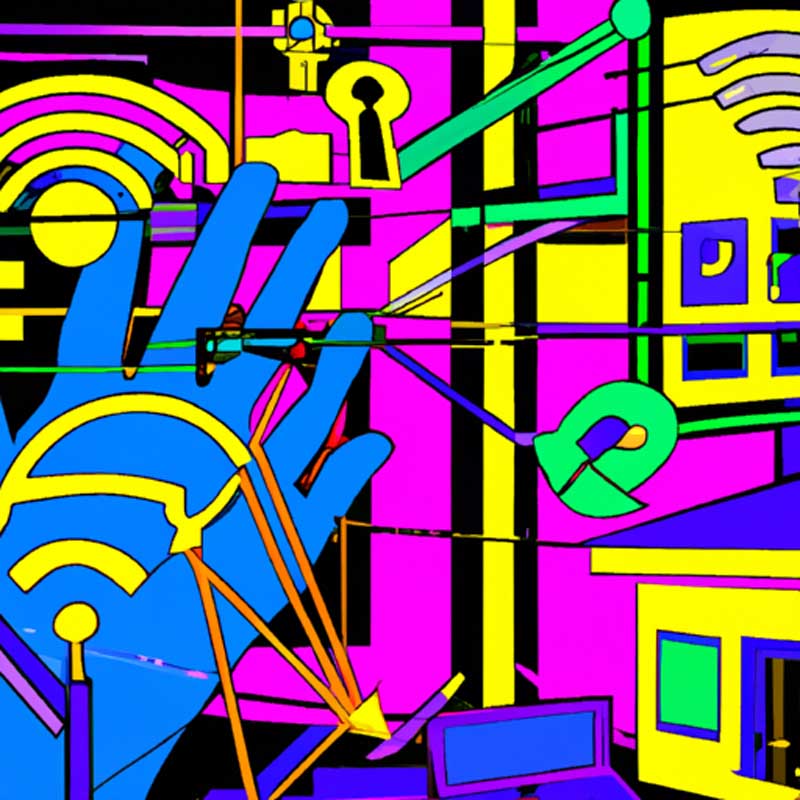TLDR:
- Generative AI is being increasingly used in TV and film, leading to controversies and concerns about its impact on the industry.
- AI is being used to create posters, enhance films, and even alter photos in documentaries, blurring the line between reality and fiction.
Recent controversies surrounding the use of artificial intelligence (AI) in TV and film have sparked concerns about where to draw the line on its usage. The encroachment of generative AI, which can produce text, images, and video, has raised alarms in Hollywood, with fears of job losses and ethical implications. Various instances of AI usage, such as AI-generated band posters in True Detective and promotional posters for A24’s film Civil War, have displayed a distinct AI aesthetic that has drawn criticism from viewers. Additionally, AI enhancement has been used to alter existing films like True Lies, while a fake James Bond movie trailer created using AI has garnered millions of views on YouTube.
One of the most concerning examples cited in the article is the use of AI-generated or enhanced photos of a convicted murderer in the Netflix true crime documentary What Jennifer Did. The manipulation of these images blurs the line between reality and fiction, raising questions about the ethical implications of AI in media production. The article emphasizes the importance of maintaining transparency and avoiding the misleading use of AI in TV and film, citing the controversy over AI-generated voice in the Anthony Bourdain documentary Roadrunner.
In conclusion, the article underscores the need to carefully consider the ethical implications of AI usage in creative projects, particularly in cases where AI blurs the line between reality and fiction. It calls for a more nuanced approach to AI in TV and film production to ensure that the integrity of storytelling and representation is preserved.
